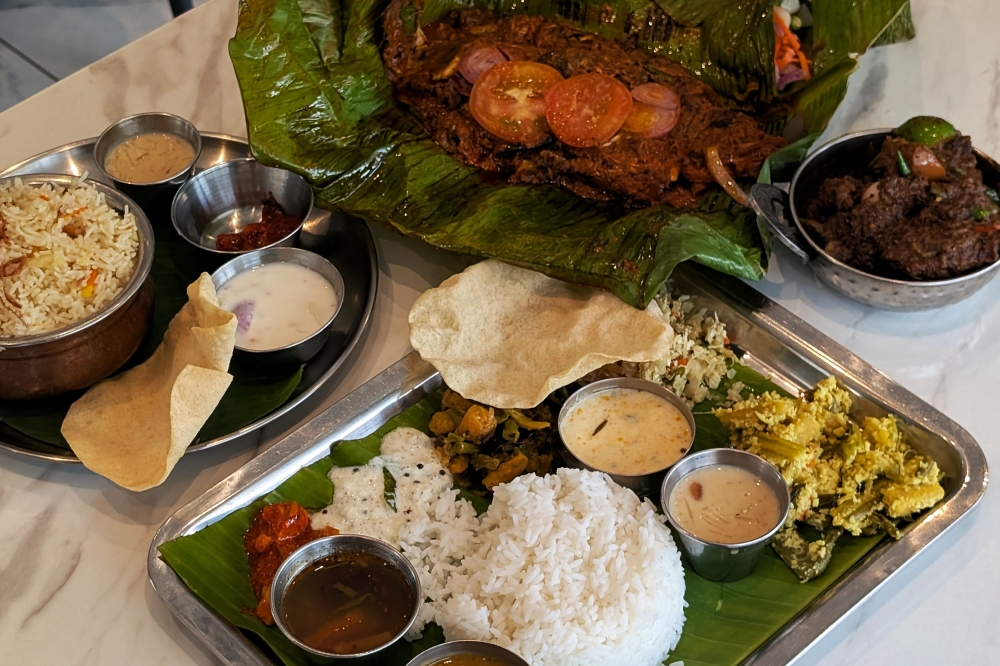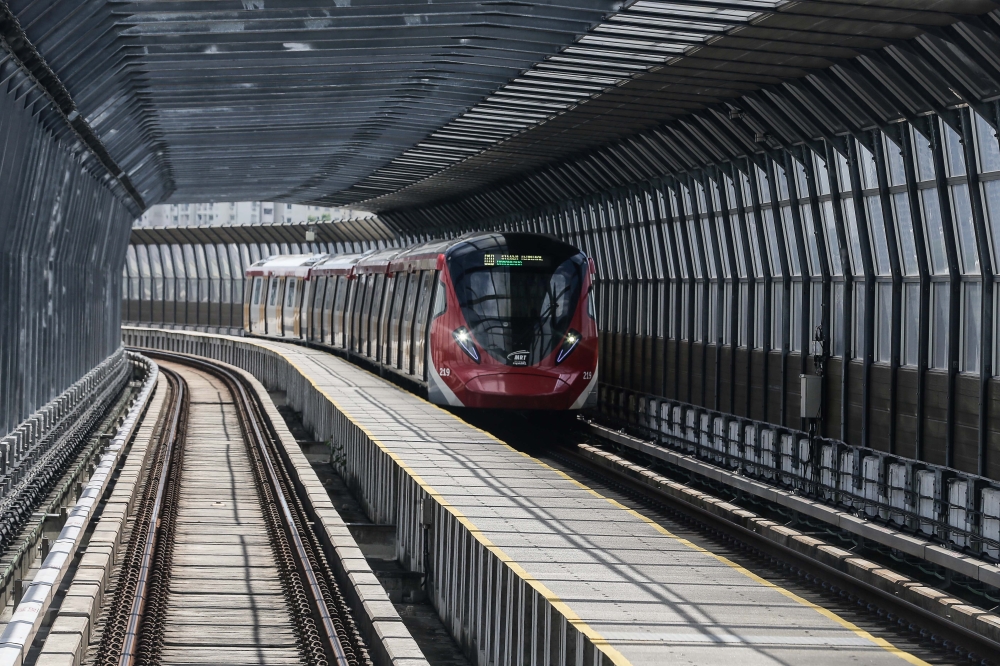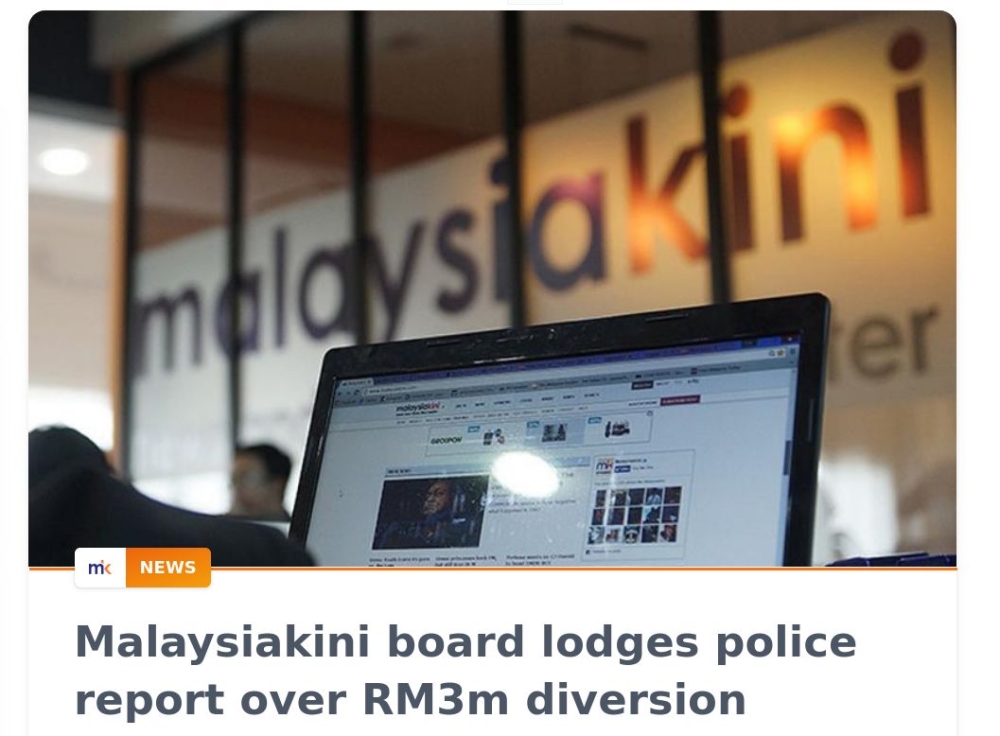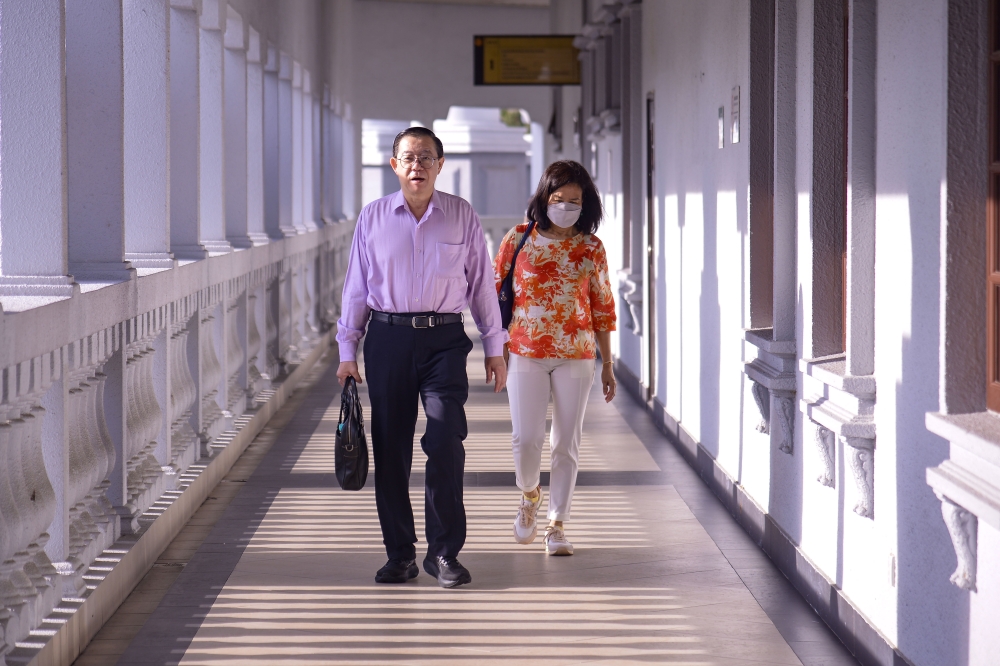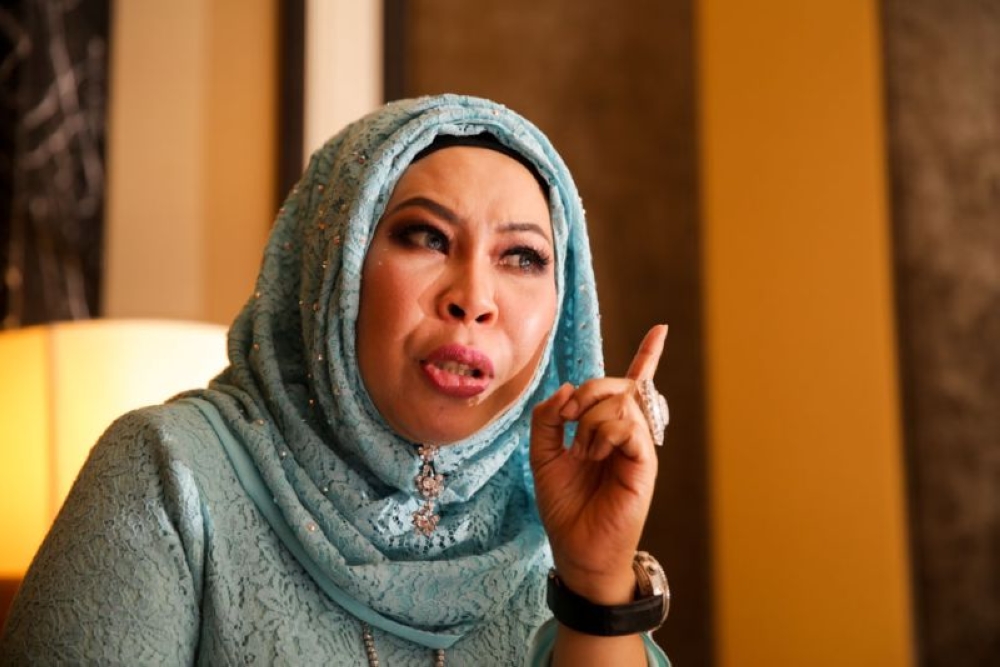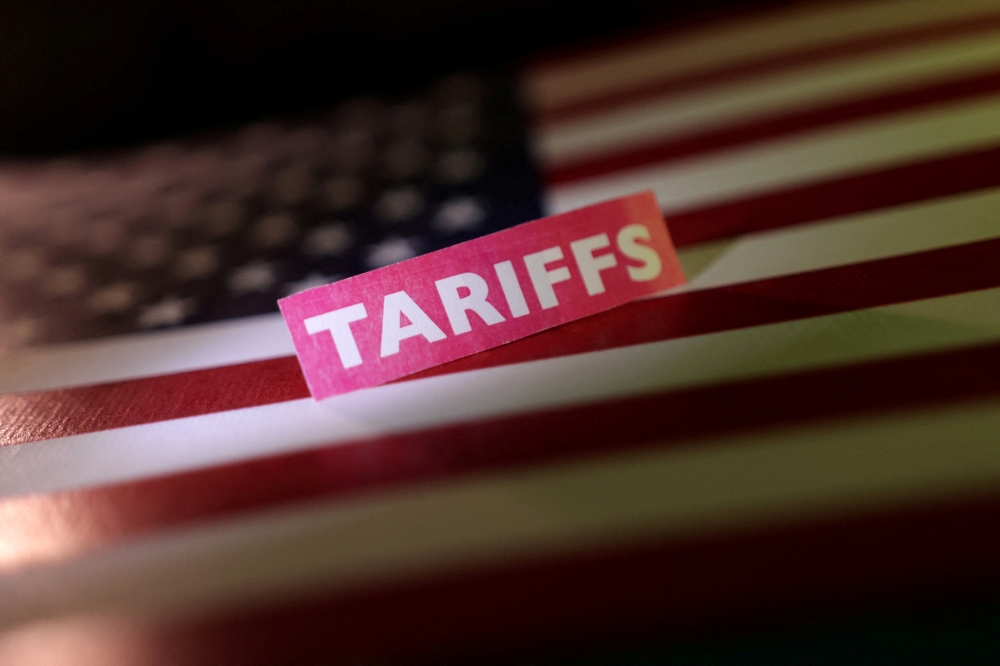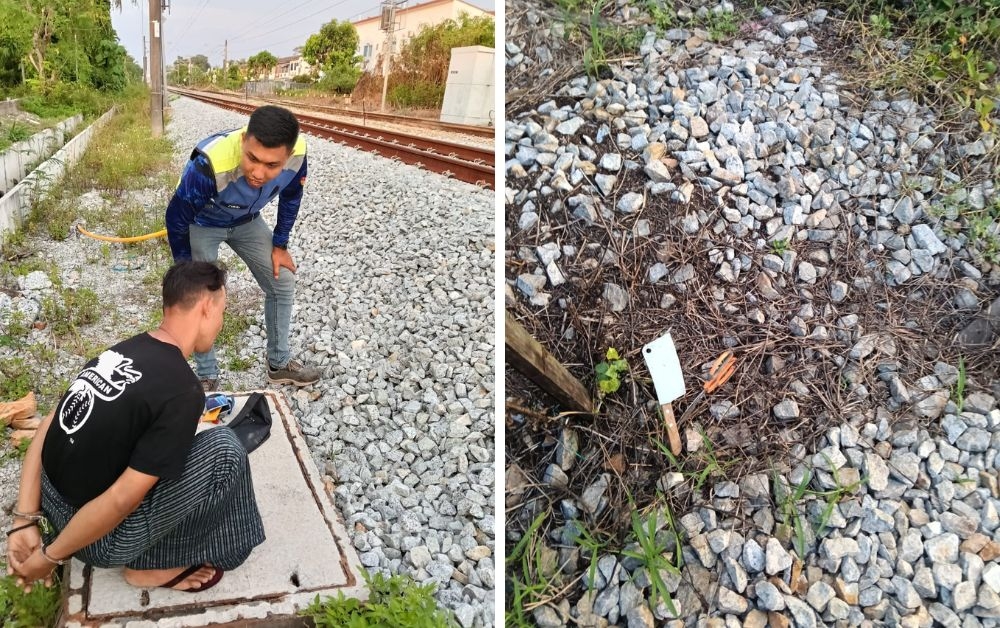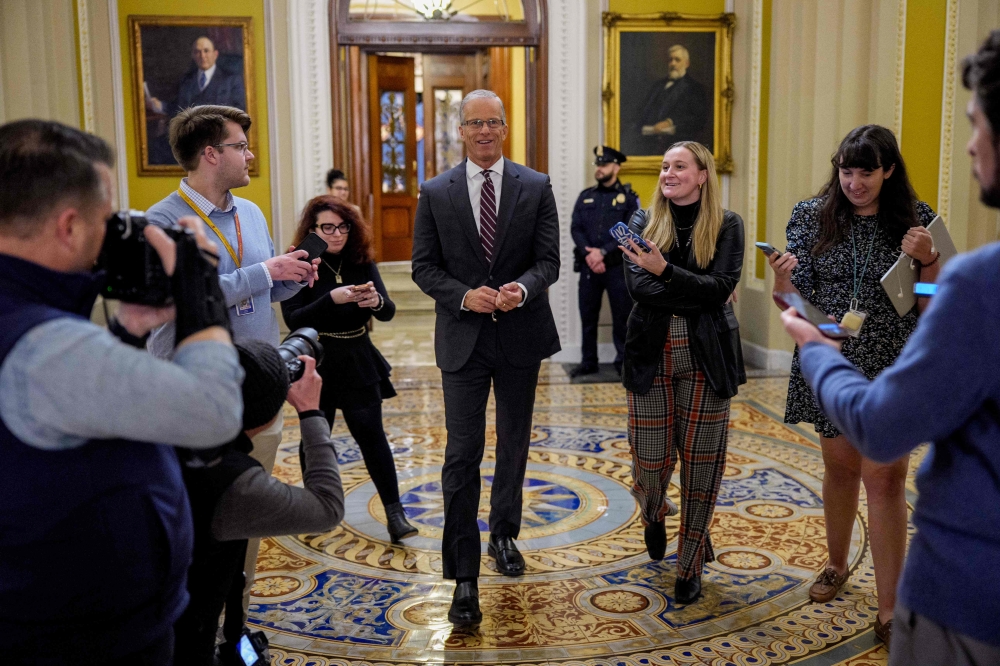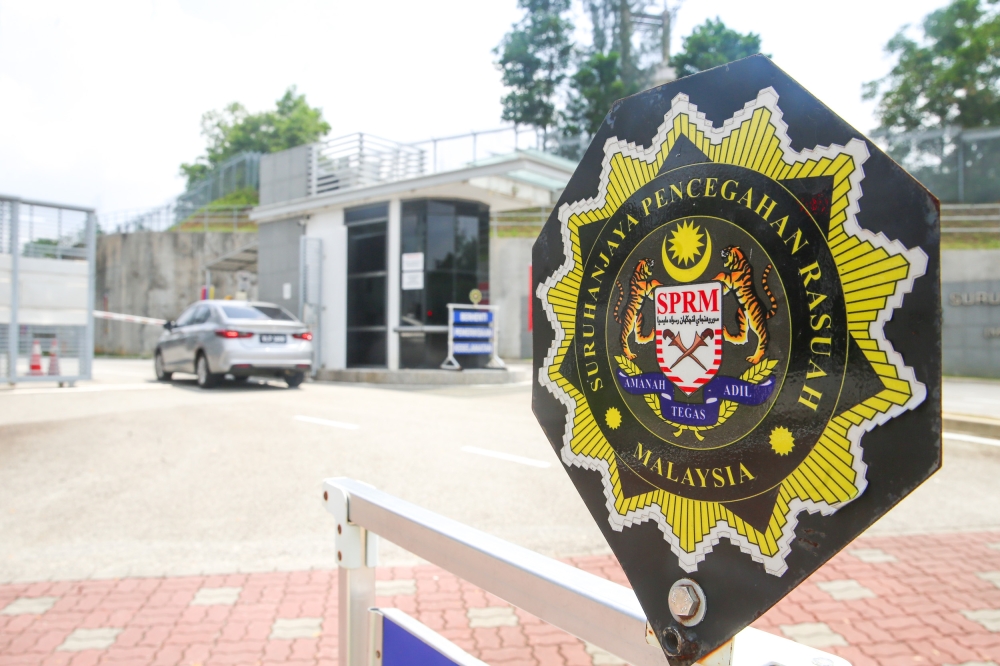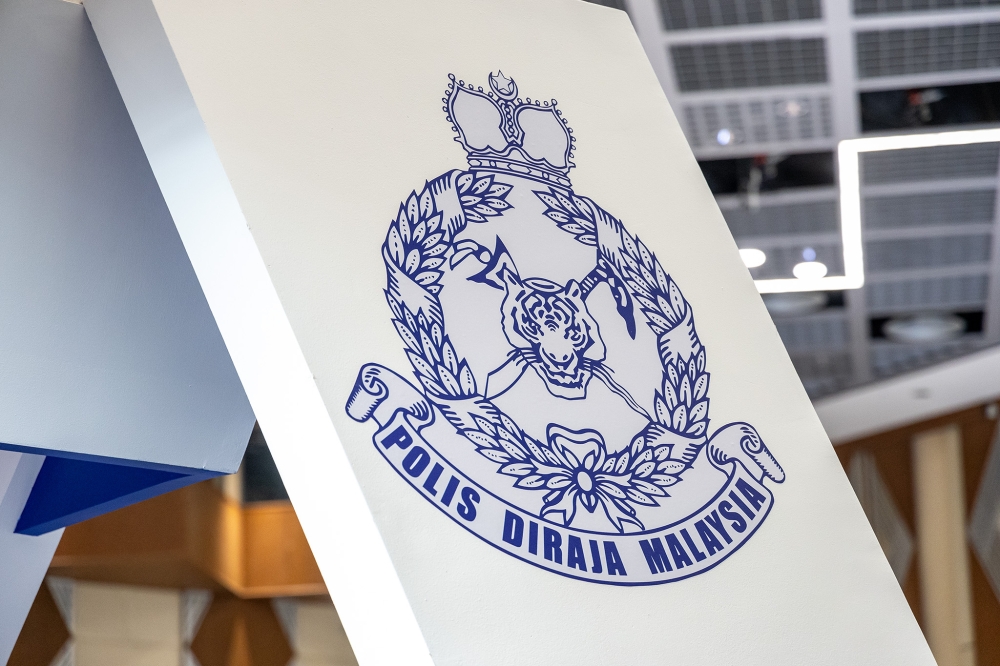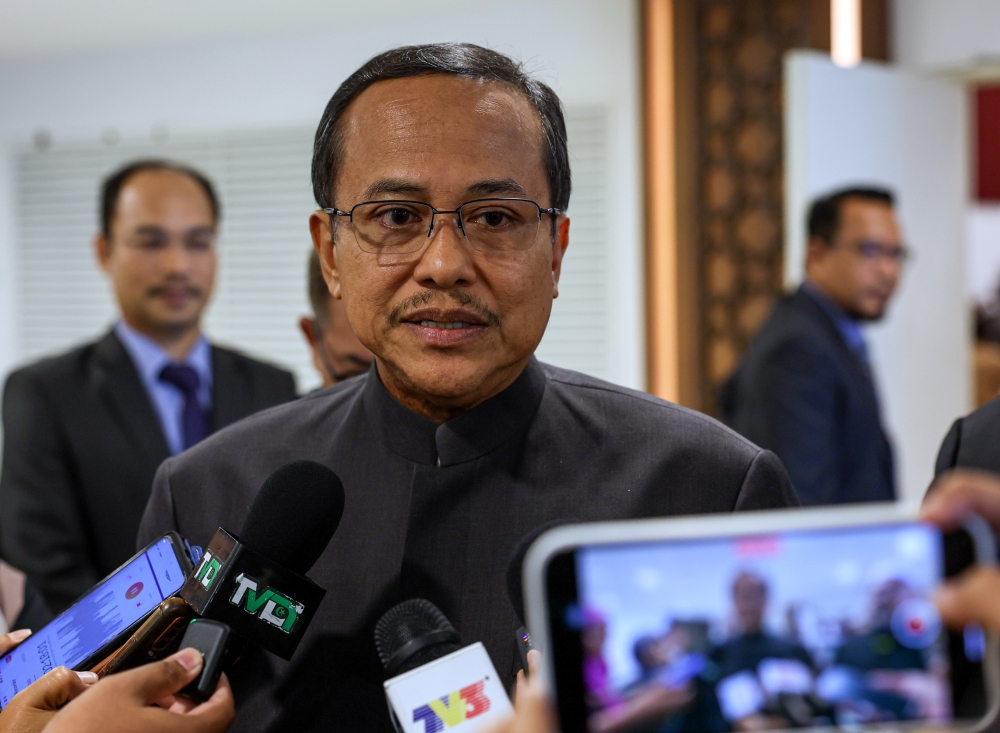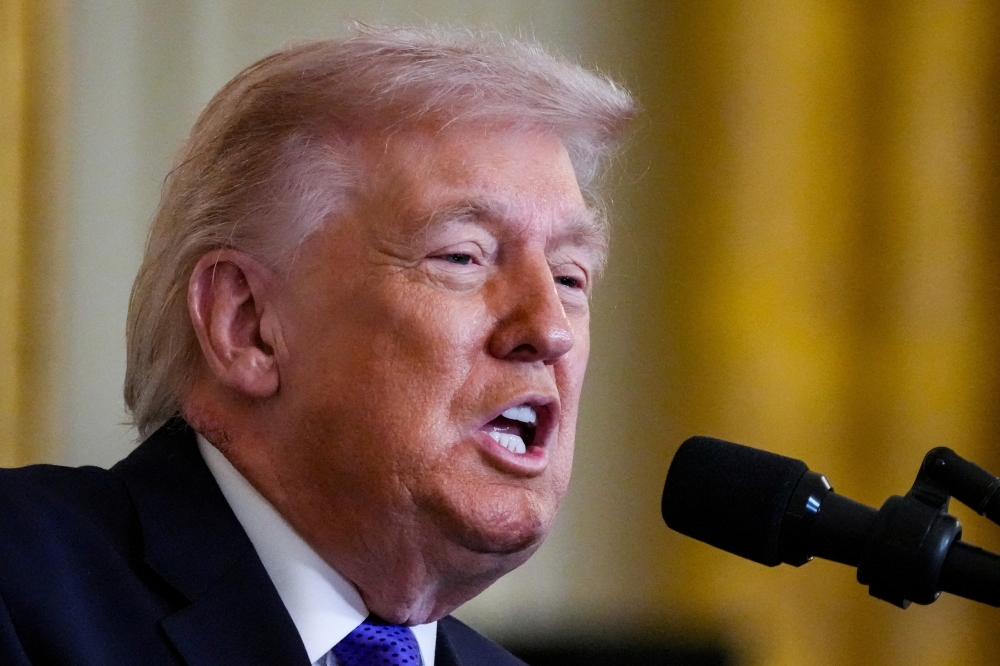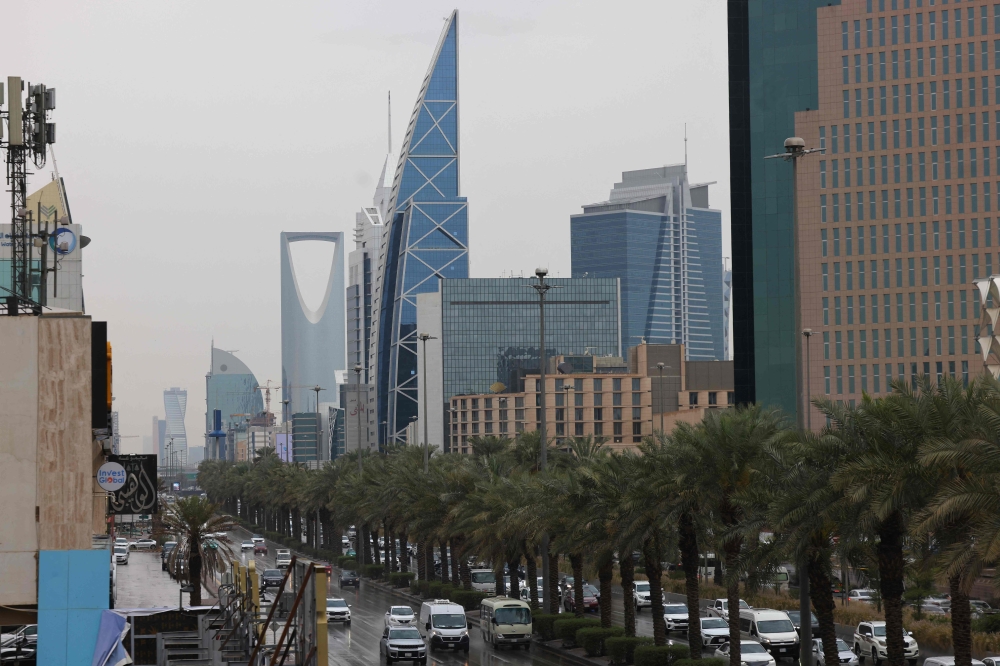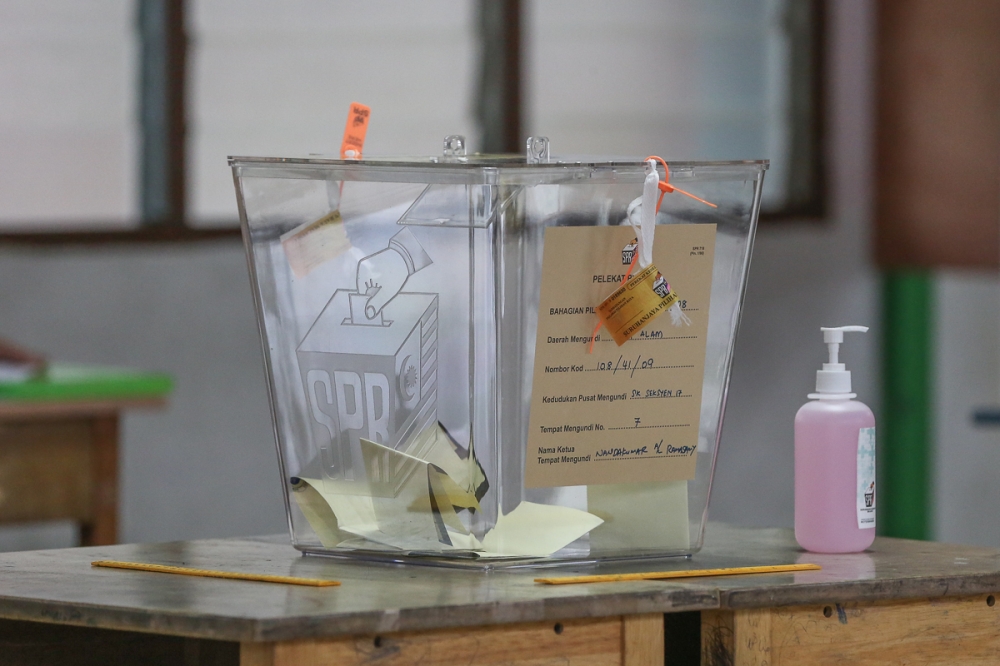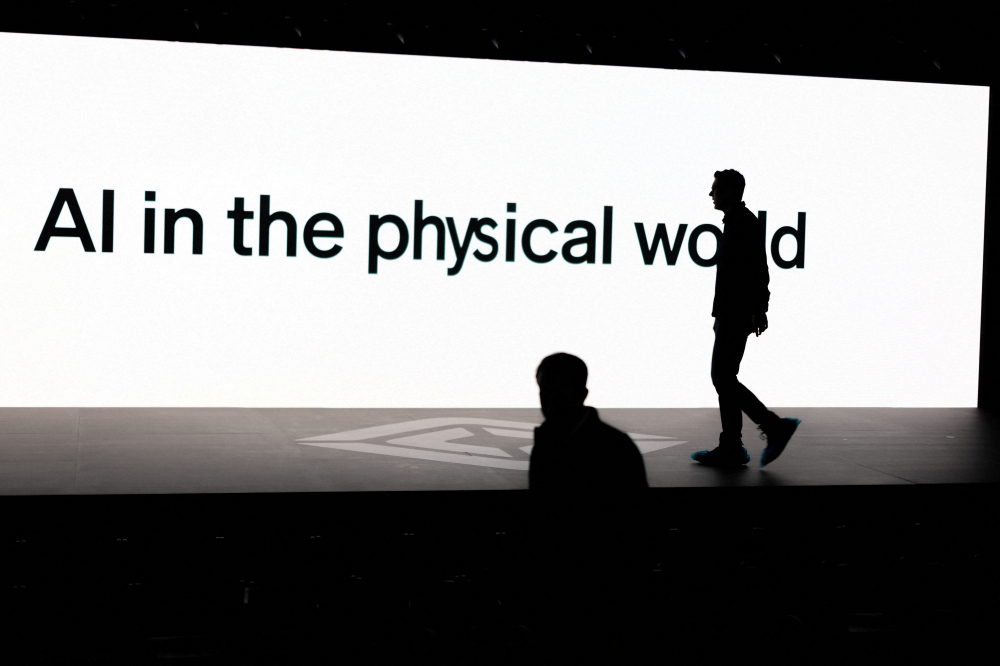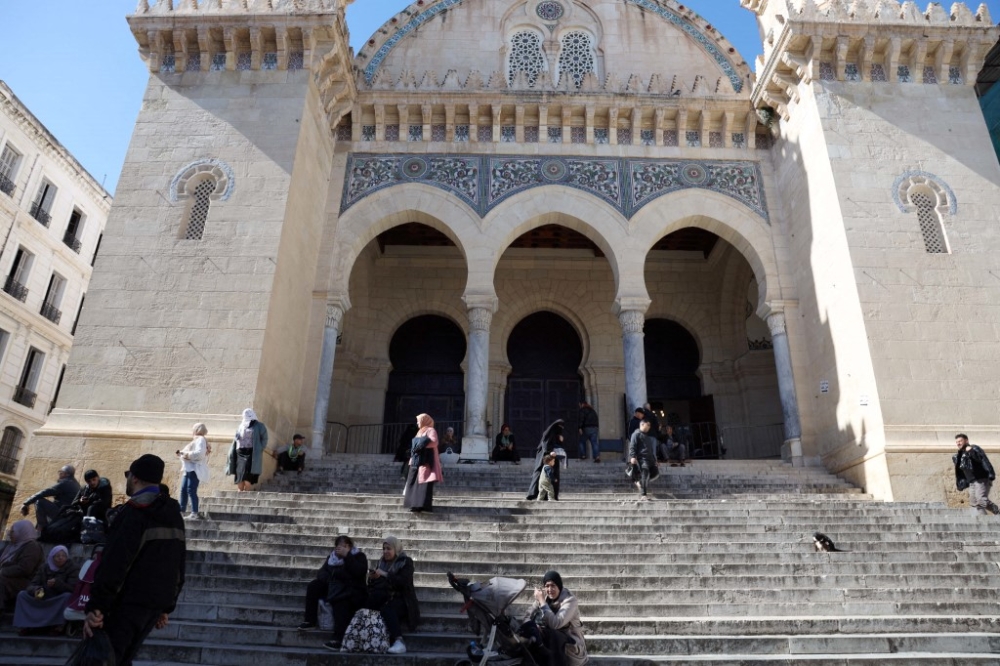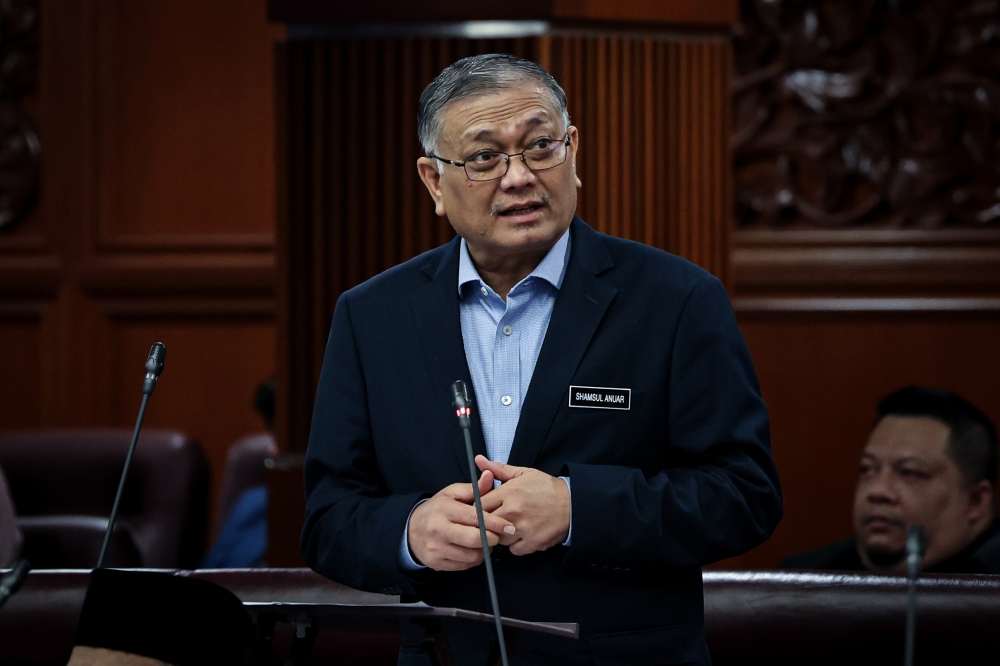JUNE 5 — Recently I went to Dubai for the first time. Now I have actually been to the desert sheikdom a few times before but only ever to the airport as I’ve passed through on the way to other places.
Like many Singaporeans for many years, I thought of it as a sort of aspiring Singapore. Or just a pit stop on the way to somewhere else.
But this time I think I’ve begun to understand the city. Though people tend to compare Singapore and Dubai, I think the cities are on different journeys.
Of course there are similarities.
Dubai and Singapore started life as rather small out of the way places. But actually Singapore started out a little ahead.
By the 1950s, Singapore was already a major city with over one million people and major infrastructure while Dubai at the same point had under 70,000 people, didn’t even have a single hotel and its houses consisted largely of mud huts.
Just a generation ago it barely existed but today there are more than three million people in the city which is more than half the size of Singapore.
Along the lines of Singapore, Dubai began to transform itself by rapidly building and expanding its port and airport.
It began to offer tourism and financial services to the oil-rich states around it. Like Singapore, Dubai isn’t blessed with resources — it has very little oil compared to its neighbours, so it had to innovate.
It became an indispensable finance and service centre to its resource rich neighbours and profited greatly from doing so. Sounds familiar?
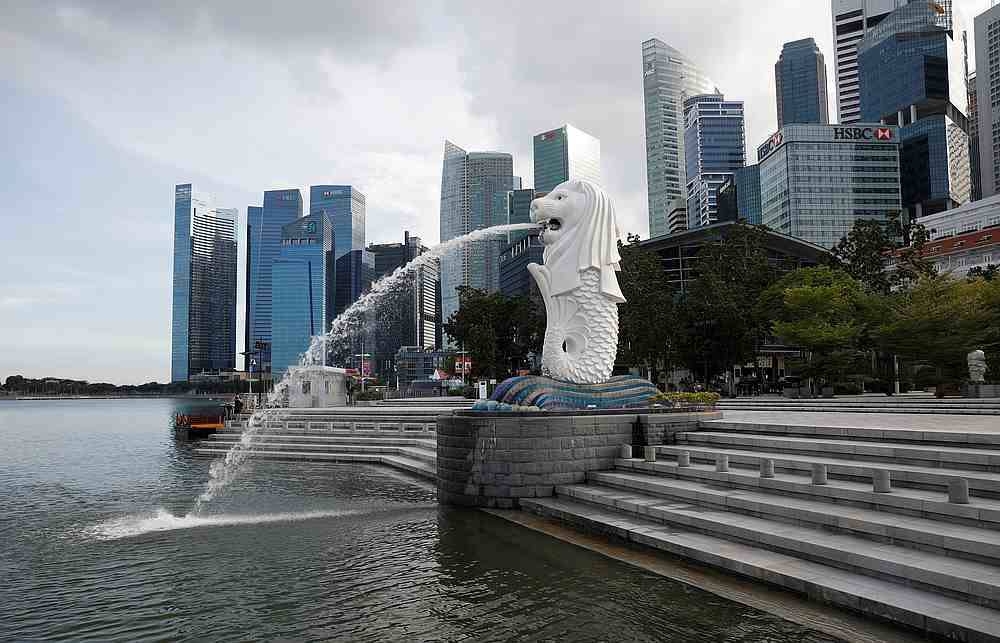
But there are crucial differences.
Most importantly, Singapore is home to over three million citizens — most of whom have called the city home for generations. But in Dubai, citizens of the UAE constitute only 10 per cent of the population. There are more Philippine, Indian and Pakistani nationals in the city than locals.
This makes Dubai very cosmopolitan and in some ways more rootless than Singapore. In Singapore while there are many foreigners in the city, we talk about a Singapore core which is real and crucial to the city’s identity. But in Dubai there is hardly a core.
It’s not a case of one being better than the other, it’s just different. I for one am thankful that Singapore has a rooted core population but Dubai’s openness to people from all over the world is refreshing and fascinating.
Of course there’s the weather. I am a tropical human. I find the dryness, the lack of rain, grass and trees in Dubai and Gulf countries difficult and of course, climate shapes a city.
On a fundamental level, Singapore is more planned and Dubai remains more free wheeling.
Trading houses of all sorts dot the landscape and things are definitely less manicured than at home.
In general there’s now a staid maturity to Singapore. Our island is no longer aspiring to be a global financial centre; it already is one of the world’s major centres for financial services.
Dubai, for example, is more open to cryptocurrency than almost any other major city. Dubai has granted major cryptocurrency exchanges like Binance licencing something that Singapore authorities have been hesitant to do.
This has led to many cryptocurrency-based enterprises basing themselves in Dubai but tellingly many of the CEOs of these crypto companies still reside in Singapore.
Singapore delivers both low taxes and a great quality of life but Dubai really is becoming more and more competitive.
There are some genuinely excellent art galleries and of course extraordinary ambitious projects like the world’s tallest building — the Burj Khalifa.
Singapore has never really gone in for this sort of prestige project and while I generally like our (relatively) slow and steady approach, there is a risk that we might be slowly losing our frontier spirit.
Ultimately it’s always a mix you need. There are things we can learn from each other.
I for one will go back there. There is definitely more to explore.
*This is the personal opinion of the columnist.

